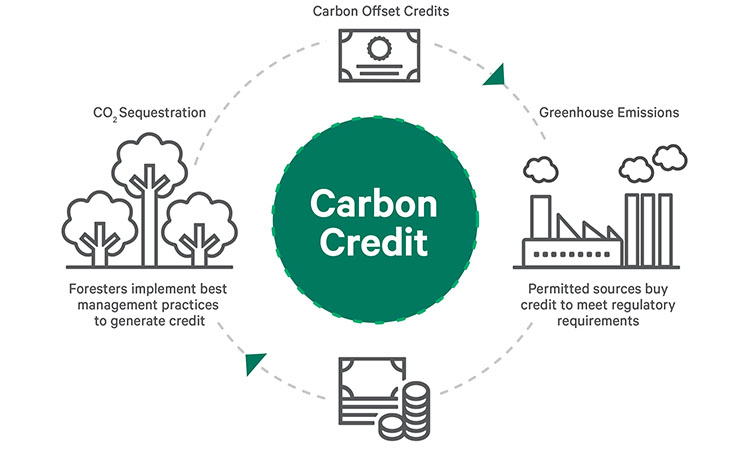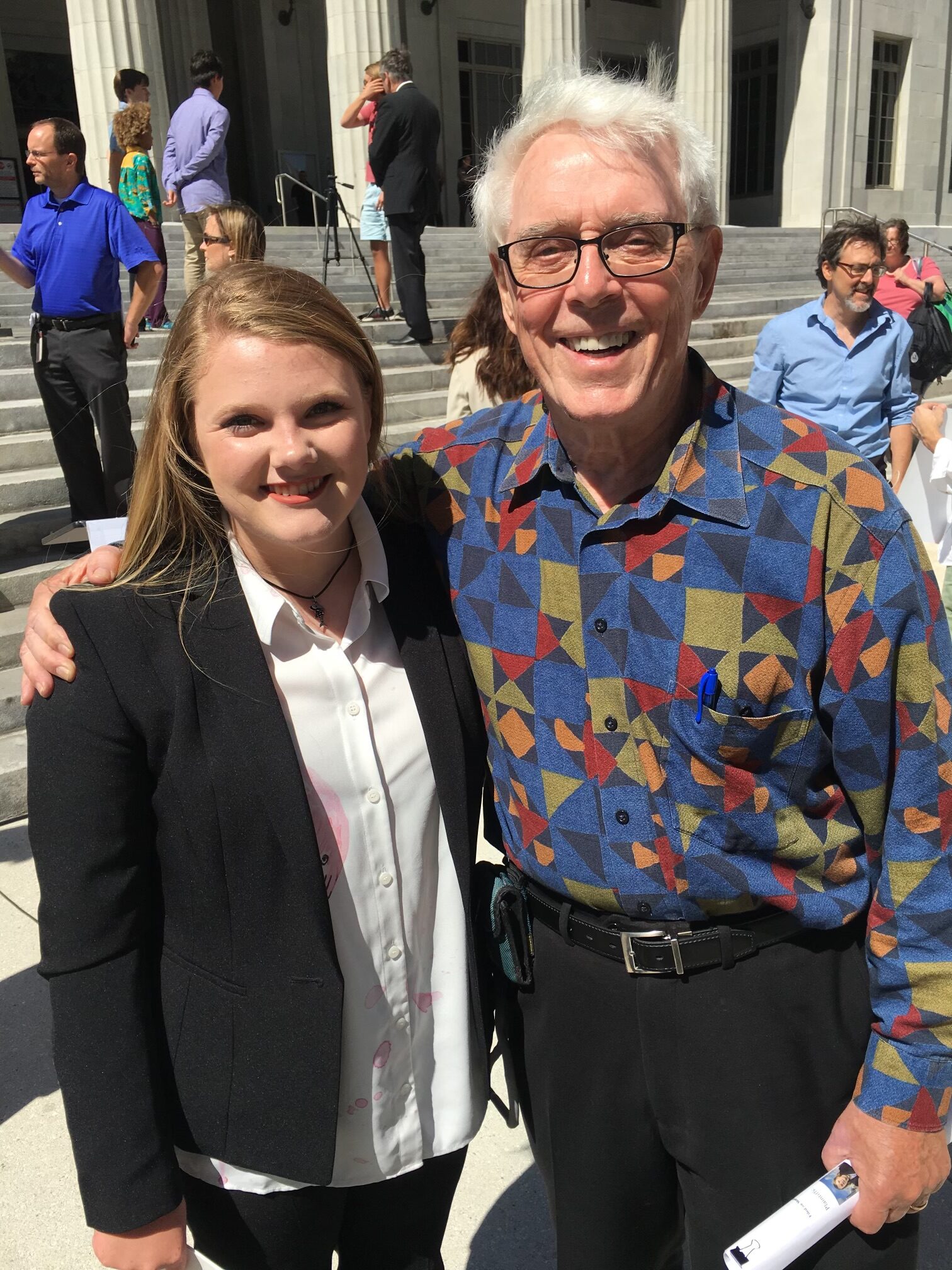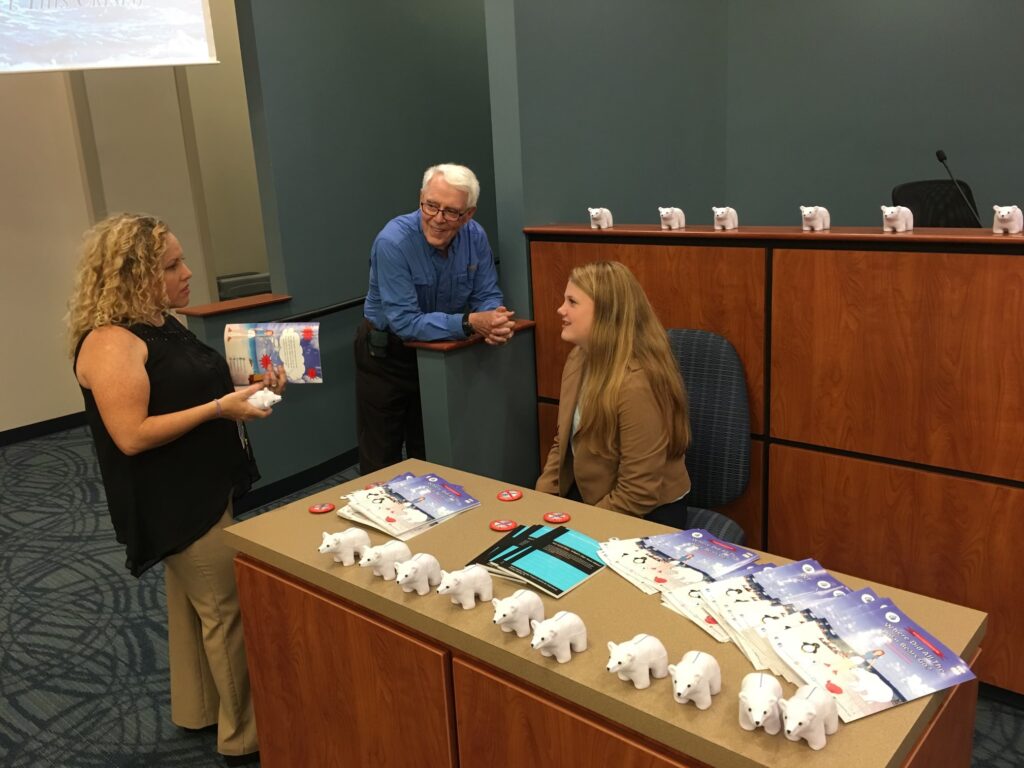Phase Out, Phase Down, or Do Nothing at All?
COP28’s Most Important Question

As the COP28 meetings progress here in Dubai, the core, central question for the Conference in my view will be whether the nearly 200 nations from around the world in attendance can agree to implement wording to guide society’s energy transformation away from fossil fuels and to mankind’s sustainable energy future. In United Nation’s language it is a question of whether a consensus can be reached to Phase Out (meaning that we work to methodically eliminate fossil fuel use in line with the steps and timeline needed to meet the 1.5 degree Celsius goal from the Paris Agreement) or Phase Down (meaning to simply reduce fossil fuel use) or do nothing at all.
According to the World Economic Forum’s new State of the Climate Action report, the world must reduce global fossil fuel emissions by 7% per year until 2030 to have any chance of hitting the 1.5 degree Celsius target yet. Currently, however, we are on track to increase emissions by at least 1.5% per year over this time period. As part of the UN’s first ever Global Stocktake (to learn more about the Stocktake visit my earlier blog here) member nations are again debating what wording should be used on this critically important point. You can review the draft wording entitled Matters Relating to the Global Stocktake Under the Paris Agreement here).
My position on this topic has long been simple: if we are to solve our climate crisis and mitigate the worst possible impacts, then we must agree to eliminate fossil fuel use around the world. Period.
The 2015 Paris Agreement included the aspirational goal of keeping temperatures from rising more than 1.5 degrees Celsius above the pre-industrial temperature levels, a time when fossil fuels were not widely used by society. As of today our current trajectory, without quickly seeing major steps to materially cut emissions by nations around the world, the science shows us that we are trending towards an increase between at least 2 degrees and as much as 3 degrees Celsius. This range of a result will have dramatic, in some cases catastrophic, impact on people, economies, and environments all over the world; thus, taking aggressive action quickly is essential and that action should include a Phase Out of fossil fuel use.
The UN’s draft wording that’s being debated here in Dubai also includes suggested steps towards sustainability that have gained significant support such as ending fossil fuel subsidies in a fair manner, tripling renewable energy, and doubling energy efficiency. Each of these concepts will likely be in the final, inaugural Stocktake, and that’s good news. Efficiency advances and a dramatic expansion of renewable energy led by significant decreases in the cost of such power are already taking place all around the world so those concepts are easy for nations to support.

And speaking of the UN’s draft, here’s what UN Secretary-General Antonio Guterres said about phasing out or down fossil fuel use in his opening comments this week here in Dubai (the red highlights are my own):
“The 1.5-degree limit is only possible if we ultimately stop burning all fossil fuels.
Not reduce.
Not abate.
Phaseout – with a clear timeframe aligned with 1.5 degrees.”
António Guterres
United Nation’s Secretary-General
The bad news is that the decision over whether to include the word “Out” versus “Down,” or even any wording related to fossil fuel production at all, is once again a major area of contention. Following COP26 in Glasgow, Scotland, in which countries thankfully agreed to Phase Down the use of coal, the debate has shifted to other fossil fuels, namely natural gas and petroleum (oil).
Now I know that a shift away from gas and oil will not be easy or immediate. I realize that many countries rely on their fossil fuel production, the United States included, for critical economic, security, and societal reasons and that the transition that must happen will take time. It will also take a world-wide effort to make this transition reality but it is indisputable that scientist around the world, myself certainly included, believe that this is the only sure-fire way to limit the worst impacts of our climate crisis.
The question here in Dubai is whether the nations of the world will support the Phase Out that’s critically needed or whether the largest oil producers of the world will win by seeing the Phase Down wording used or, as is their true preference, having the Conference documents remain silent on this important point. It’s not an immaterial question when you consider that in many ways the wellbeing of future generations and our environment hang in the balance.
Logically those nations that produce the most oil and gas are protective of maintaining the status quo. Nations that don’t rely on fossil fuels but that are subjected to the resulting rising temperatures and sea levels, such as the small island nations of the world, are generally very much in favor of a Phase Out. Here are a few examples of the recent differences of opinion:
1. Russia, a country whose fossil fuels power much of its economy, has been very vocal in opposing any Phase Out wording and calls such an idea “economic discrimination.”
2. China, the world’s largest producer of greenhouse gas emissions at an estimated 14.4 billion metric tons, is against any formal wording of Phase Out language; however, they have pledged to gradually phase out fossil fuel consumption including through its participation in the G7 (see below). The chart below from CNN based on data from Climate Action Tracker illustrates how China compares to other nations, in this case the 20 largest pollution emitters.

At COP26, China supported wording to Phase Down coal as a positive move that seemed to surprised many. The Chinese have also announced plans to generate 25% of its energy from non-fossil fuel sources by 2030, amongst other steps. Progress towards sustainability appears to being made in China and, as with any other industrialized nation on earth, it appears that the Chinese realize that there are strong environmental and economic reasons to embrace sustainable energy.
3. Our COP28 host nation, the UAE – itself the seventh largest oil producer in the world and a country intent, they say, on nearly doubling oil production by 2030 while also stating it plans to exhaust every drop of its oil (something it predicts will happen around 2050) – talks about a natural reduction of fossil fuel use rather than embracing a transition to eliminate it.
And speaking of the UAE, the media has been sharing comments reportedly made by the UAE’s COP28 leadership questioning the science that supports phasing out fossil fuel use and suggesting such steps would “take the world back into caves.”
As I reported in an earlier post, COP28 is nothing if not controversial.
4. Earlier this year the 27 nations of the European Union, Kenya and others bravely announced support for Phasing Out fossil fuels.
5. The Group of Seven (G7) includes the United States, China, Japan, France, Italy Germany, and the United Kingdom and earlier this year they vowed to support speeding up the Phase Out of fossil fuels. However, they have yet to provide details. an actual plan, or whether the collective would agree to steps tied to reaching the Paris Agreement’s 1.5 degree Celsius goal.
6. Independently, my own country, the United States, has announced that it favors a Phase Down of fossil fuel use. The US produces more barrels of oil per day (nearly 13 billion) than any other nation and its per capita production of fossil fuel pollution only trails Saudi Arabia and Australia, as this chart also from CNN and based on data from Climate Action Tracker depicts.

It is clear that phasing out a reliance on fossil fuels is going to take time and present many challenges, and that’s certainly true in the United States. That said, it can (and morally must) be done and simply will take the resolve and ingenuity that my country has been well-known for since its founding. If America can decide to send men to the moon and within seven years (just seven years!) do exactly that for the first time in the history of mankind, then we can most certainly transition away from fossil fuels and to sustainable energy.
And I, for one, would like to see the United States lead the way into the future rather than be mired in wasteful debates about why we should sit on the sidelines embracing fossil fuels as some ruminate about what one country or another might or might not do on their own to fix the climate. Candidly, and I know most young people that I connect with agree, there should be no real debate over what I see as an inevitable transition the world must make to eliminate every possible bit of fossil fuel use and embrace sustainable solutions.
As I have written on these pages before, there was a time before the automobile in which many people traveled on foot, by horse, and by buggy or carriage. When the world transitioned away from these long tried and true forms of transportation and to automobiles, motorcycles, trains, planes, and the like, the world did not end. Economies did not crumble. People and businesses and nations transitioned into the future. The world took a step forward and has only ever since grown and grown.
And while I am on this soapbox from Dubai, let me say that I believe that we can be confident that the same thing will happen as we transition away from the use of gas, oil, and coal. Society will evolve, become better because of the transition, and do the right thing morally and ethically for itself and future generations by protecting our environment in ways that polluting it with fossil fuels simply can’t. It’s time we get on with it and into our sustainable energy future.
As noted, the debate over Phasing Out or Phasing Down fossil fuel use is not a new one, nor one that I believe will be solved this year in Dubai. In fact, at last year’s COP27 in Egypt I was excited to witness an effort to implement wording to Phase Down fossil fuel use, an initiative that then had the support of about 80 nations, only to then watch it fail when oil and gas producers such as Saudi Arabia energetically expressed opposition to such wording and, instead, touted the supposed promise of carbon capture technology. For those that want to keep pumping oil and gas from the ground and pollution into our atmosphere and oceans, their approach last year was, you could say, a “winning” strategy. Unfortunately for the rest of us the science shows us that carbon capture is not a scalable solution to actually solve the climate crisis.
The spirit, however, of the COP meetings by the UN is to create a consensus amongst all nations and I believe it’s already fair to say that when it comes to the Phasing Down or Out of fossil fuels, that will not happen here in Dubai. No, my friends, I expect that the debate by the world’s nations on a plan to reduce or cease fossil fuel production will continue beyond COP28 while far too many of those countries, in the words of UN Secretary General Guterres, are happy to “kick the can down the road.”
And lacking a global consensus to either Phase Down or Phase Out fossil fuels, the oil and gas producers and polluters that significantly fuel earths rising temperatures and sea levels will likely leave this year’s COP again able to celebrate far too many of the world’s nations sad lack of resolve, its greed, and its indecision.





